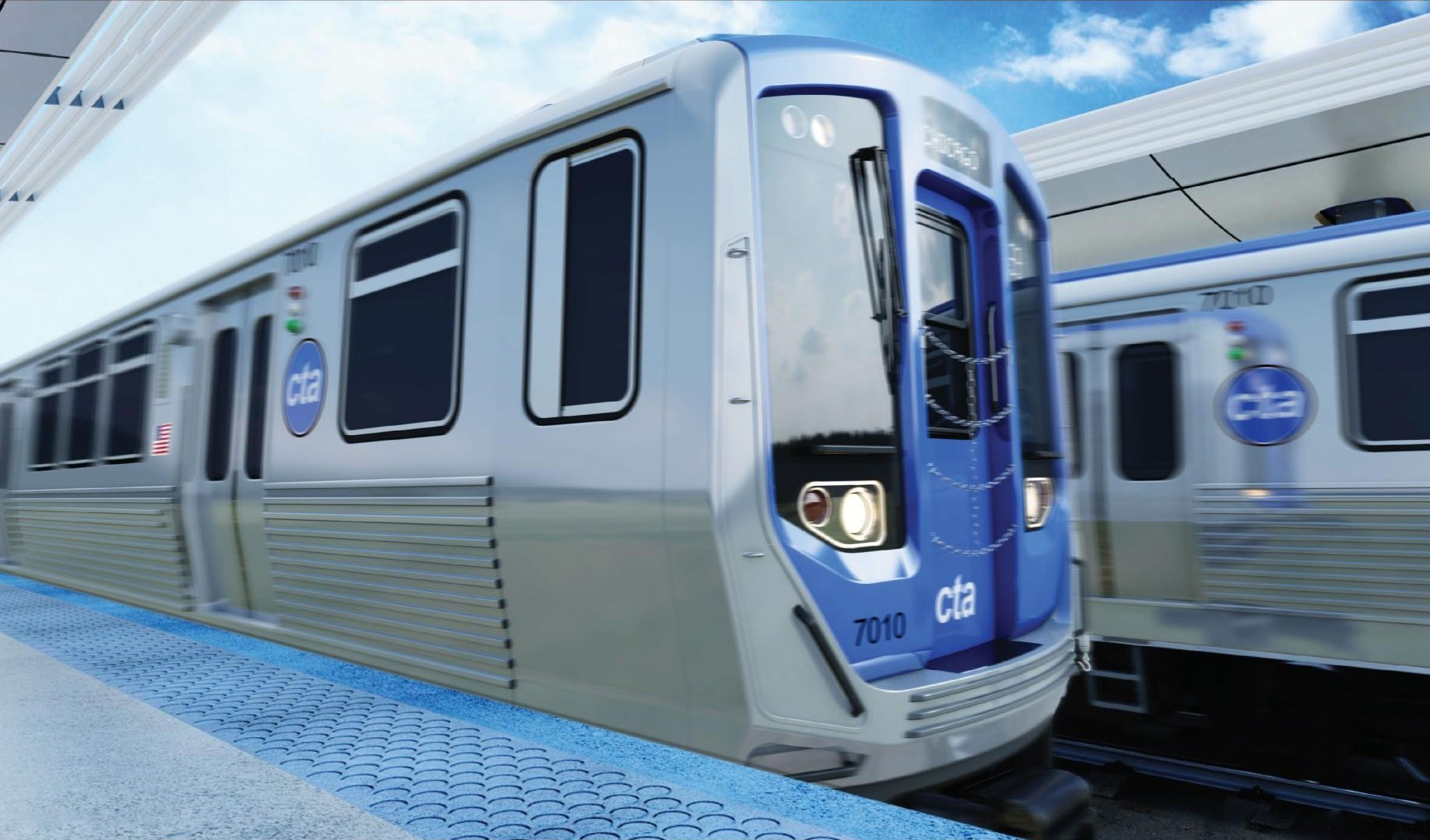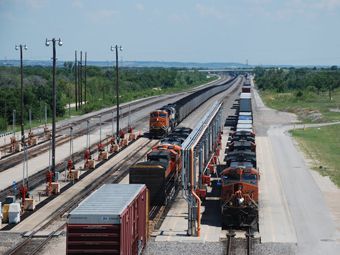Total U.S. rail traffic for the week ending Jan. 14 came in at 516,229 carloads and intermodal units, marking a 2 percent increase compared with traffic the same week last year, the Association of American Railroads (AAR) reported Wednesday.
Total carloads rose 4.4 percent to 253,223 units, while intermodal volume slipped 0.3 percent to 263,006 containers and trailers, AAR officials said in a press release.
Five of the 10 commodity groups tracked by the AAR on a weekly basis posted increases compared with the same week in 2016. They included coal, up 13.3 percent; metallic ores and metals, up 17.6 percent; and miscellaneous carloads, up 17.3 percent.
Commodities that logged decreases for the week include petroleum and petroleum products, which fell 14.7 percent, and chemicals, which dropped 5.8 percent.
For the first two weeks of 2017, U.S. railroads reported cumulative volume of 474,369 carloads, down 1.6 percent, and 483,227 intermodal units, down 7.5 percent.
Canadian railroads logged 75,862 carloads for the week, up 10.5 percent, and 60,227 intermodal units, up 3.6 percent. Cumulative rail traffic came in at 257,169 carloads, containers and trailers, up 1.3 percent.
Mexican railroads reported 14,688 carloads for the week, marking a 13.5 percent drop compared with traffic in the same week last year. However, intermodal traffic rose 2.6 percent to 10,974 units. Cumulative volume on Mexican railroads for the first two weeks was 45,102 carloads and intermodal containers and trailers, down 14.6 percent.


